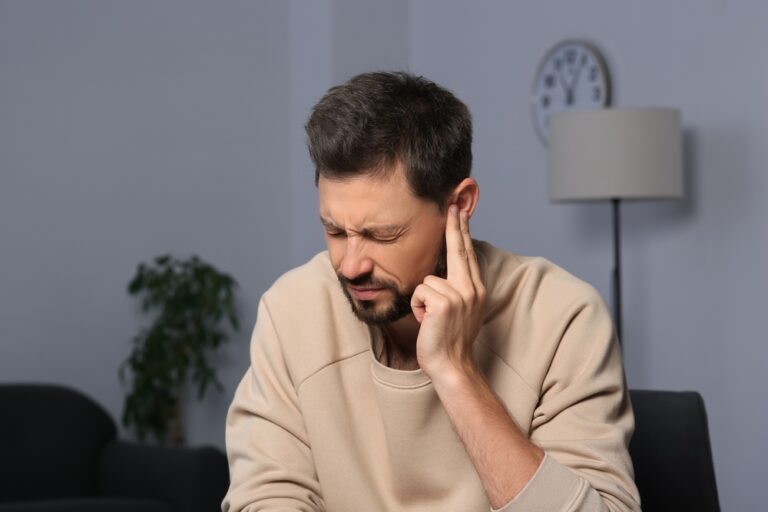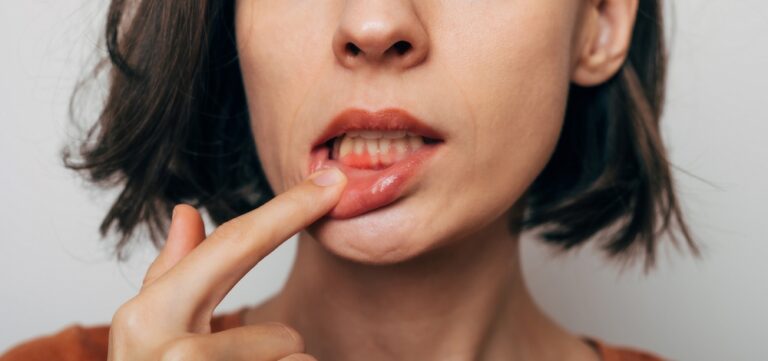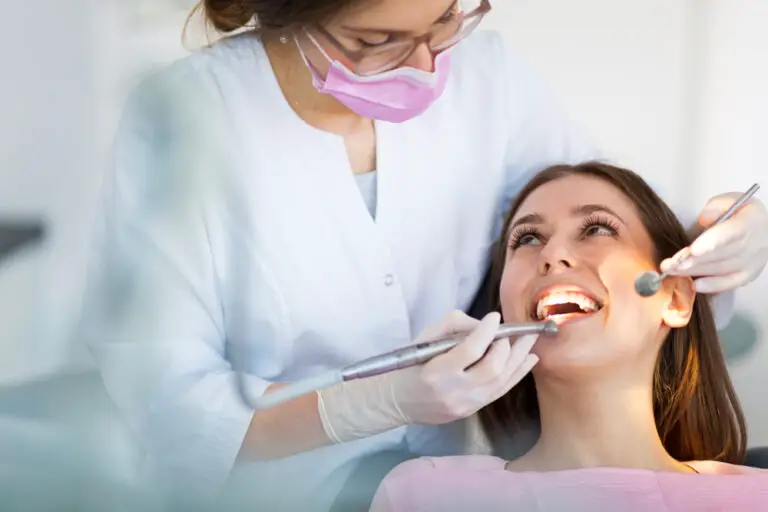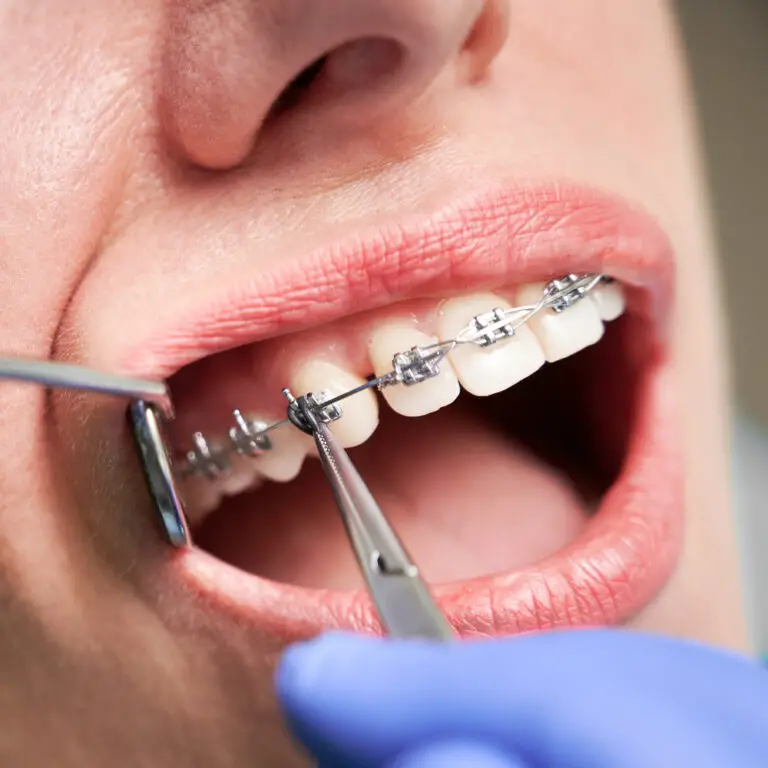Having your teeth professionally cleaned by a dentist or dental hygienist is an essential part of looking after your dental health. It can help prevent gum disease and tooth decay. Often it is combined with a dental exam to detect any potential issues that could compromise your oral health.
How often should you have dental cleaning at the dentist? For most people, it will be a couple of times a year but each person is different. Continue reading to find out more about how often you should have dental cleaning. You will also find information about the dental cleaning process and the benefits of professional teeth cleaning.
How Often Should You Schedule Dental Cleaning?
The recommendation from the American Dental Association (ADA) is that everyone should have their teeth cleaned by a dentist regularly. How often that will be, depends on each individual.
If your teeth have no specific issues, your dentist is likely to recommend that you book a dental cleaning with them twice a year. For some people, there may need to be more frequent visits to the dentist for dental cleaning. More frequent appointments are recommended for people at a higher risk of gum disease or oral cavities.
Why Twice a Year?
If your teeth are healthy, you may wonder why would you still need a dental clean every six months. It is because it allows any issues such as gingivitis or cavities to be detected early and treated before they become a more serious issue that can lead to tooth loss and expensive dental treatments.
Who Might Need More Frequent Teeth Cleaning?
The people who might need more frequent visits to the dentist for a dental exam and cleaning are those with a higher risk of gum disease and tooth loss. You may have a higher risk of periodontitis if you smoke tobacco, have diabetes, or have a family history of gum diseases.
Are There Risks to Having Your Teeth Cleaned More Often?
There are no known risks to having your teeth cleaned more often than twice a year. However, because the procedure will make your teeth and gums more sensitive right after the treatment, having dental cleaning procedures too often could make your teeth more sensitive permanently.
It could also get very expensive because most dental insurance will not cover you for more than the normal recommendation of two dental cleaning appointments per year. If you have the cleaning performed more regularly, especially if it is not recommended by your dentist, you probably will have to pay for it yourself.
Dental Cleaning Procedure
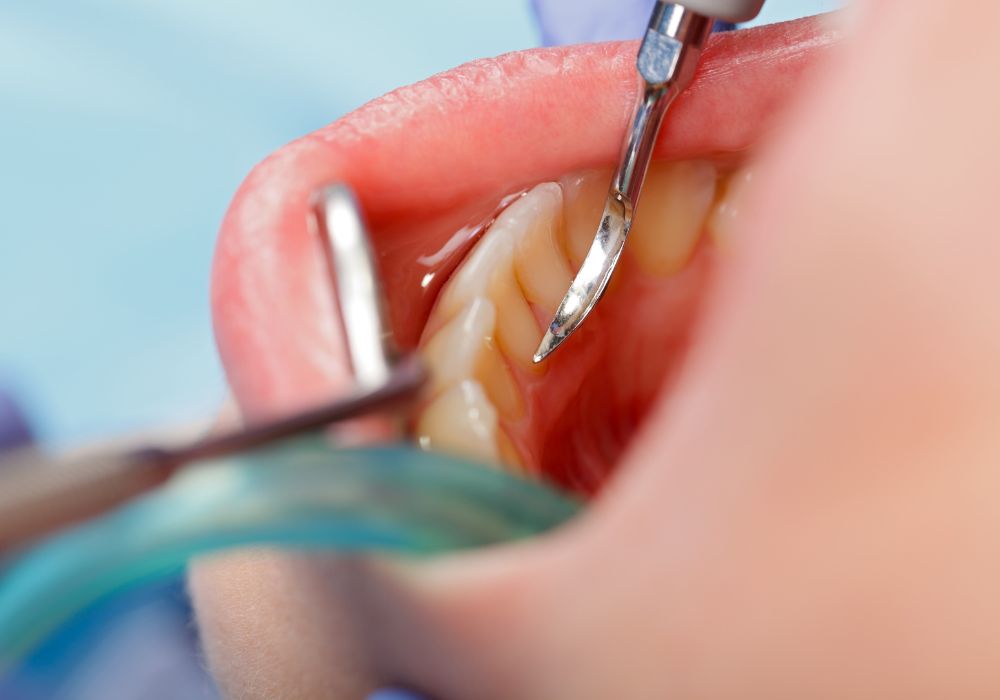
Although there may be slight variations in the procedure between dental practitioners, there are some basic steps to it. Your dental cleaning appointment will usually last less than an hour. For some people, for example, if you have sensitive teeth that require a numbing agent to be applied first, the process could take slightly longer.
Teeth Cleaning
The cleaning process, or scaling, removes plaque and tartar buildup from your teeth. It will be performed by a dentist or dental hygienist. They will use special dental tools to clean the areas that are difficult to reach and scrape off plaque. They will also use a special flossing technique to clean the gaps between your teeth.
The dental professional may use a tool which is called a prophy-jet in the cleaning process. The prophy-jet uses abrasive powders, water, and pressurized air to remove any plaque, stains, and soft debris. When the cleaning is done, they will rinse your mouth.
Teeth Polishing
After the cleaning, your dentist or hygienist will polish your teeth. They will use a tool that has a rotating head to apply a dental paste to your teeth. It will give your teeth a healthy shine.
Fluoride Application
Your teeth cleaning procedure may also include treating your teeth with fluoride. It is used to strengthen your teeth and prevent cavities. The fluoride used may be a gel, paste, or varnish. If your dentist applies fluoride on your teeth, avoid eating for at least thirty minutes afterward.
After the Cleaning
When your dental professional has finished with the procedure, they may advise you about a proper dental hygiene routine at home. Some dentists may also recommend products you can use at home to keep your teeth healthy.
The Benefits of Dental Cleaning
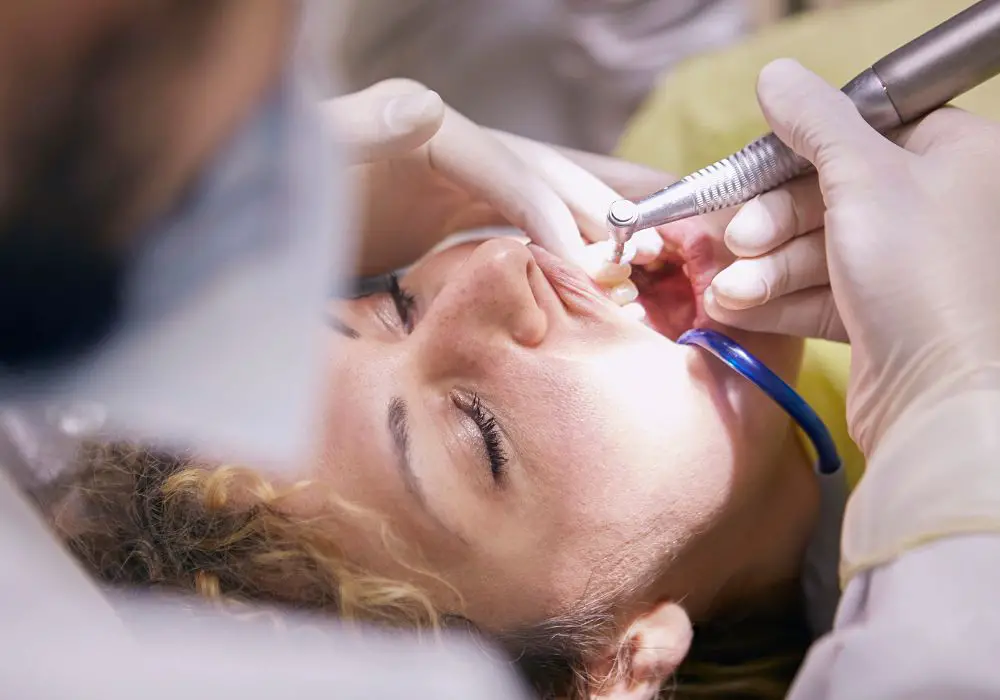
Having your teeth cleaned by a dentist or dental hygienist comes with several benefits in addition to leaving your teeth looking and feeling healthy and clean. It will help you maintain good oral hygiene and detect potential dental problems early.
Oral Hygiene
A good dental hygiene routine begins at home but visits to a dentist are an essential part of it. Brushing and flossing at home will only reach some of the places where plaque and residue can build up. Your dentist can access these spots with special tools, which help your teeth and gums stay healthy and prevent periodontal disease.
Dental Issues
When you visit your dentist, they will also evaluate the state of your teeth and gums. This part of the process helps them to detect issues early before they can become more serious and end up requiring extensive and expensive treatment. If your dentist discovers any problems, they will discuss a treatment plan with you.
Stronger Teeth
Often the dentist will apply fluoride to your teeth once the cleaning has been finished. Fluoride is used to strengthen your teeth by adding a protective layer to the tooth enamel. This layer helps your teeth to fight against cavities.
How to Look After Your Teeth Following a Dental Cleaning
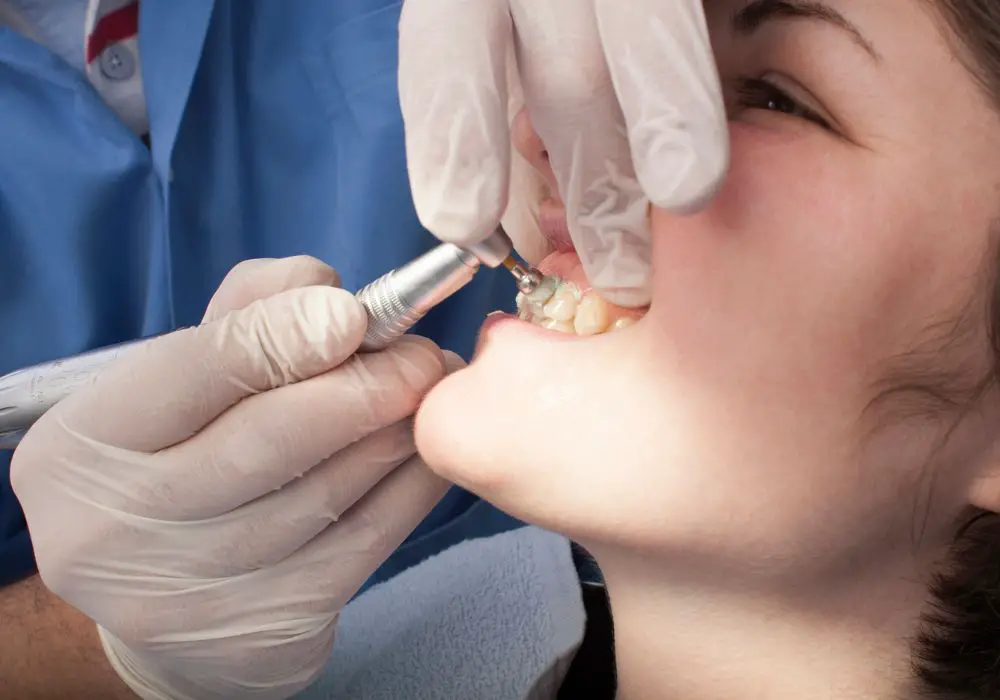
When your teeth have been cleaned, you need to avoid eating for at least 30 minutes if you had a fluoride treatment. It may be longer if you had a deep clean or the dentist used a local anesthetic. Your dentist will be able to advise you on the exact time you should avoid food and drinks.
Avoid eating spicy, sugary, or acidic foods for at least six hours after the cleaning. You should also avoid things such as coffee or red wine that can stain your teeth and too hot or cold food because your teeth will be more sensitive for a little while after the cleaning.
Keep your teeth healthy with a good cleaning routine at home. Brush your teeth twice a day for two minutes each time. Floss once a day, either in the morning or evening. Ask your dentist to show you the best brushing and flossing techniques. You can also ask for recommendations on the best products to use, such as toothpaste and dental floss.
How Long Can You Leave Between Dental Cleanings?
You should not leave longer than what your dentist recommends between regular cleanings. They will base their recommendation on your needs, for example, some people build up plaque faster than others.
If you skip your routine dental cleanings, it can increase the risk of gum disease and dental cavities. It can also mean that problems go undetected until they develop into serious and potentially painful problems.
Regular cleanings can also save you money in the long run. It will cost you less to pay for twice-yearly cleaning than it will cost to treat cavities, gum disease, or tooth loss. Therefore, sticking to the cleaning schedule recommended by your dentist protects not just your teeth but your finances, too.
Is Teeth Whitening the Same as Teeth Cleaning?
Although teeth cleaning can leave your teeth looking whiter, it is not the same as teeth whitening. Teeth whitening will not usually involve removing plaque or tartar. Instead, the process usually uses a hydrogen peroxide rinse, which works on the stains on your teeth.
Teeth whitening does not replace teeth cleaning. It is also unlikely that potential issues would be detected during the process as the dentist will not perform a thorough examination during whitening. You should also note that most insurance will not cover the cost of teeth whitening because it is a cosmetic rather than a health treatment.
How Expensive is Dental Cleaning?
The cost of dental cleaning depends on, for example, your dental professional, where you live, and what exactly the cleaning procedure includes. Without insurance, standard dental cleaning costs range from around $75 to $200. If you need deep cleaning, it may cost more.
Many dental insurances will include up to two cleanings with checkups per year. If you have dental insurance that covers dental cleaning, then your visits should not cost you anything. However, the exact details depend on your insurance and you may pay something towards the treatment.
Conclusion
For most people, the recommendation is to have their teeth cleaned professionally twice per year. However, it depends on each person’s needs and you may need routine cleanings more regularly or just once per year. Your dentist will determine the best interval for you to maintain good oral health.
You should always follow your dentist’s advice and always attend your regular dental cleanings. Missing your check-ups could lead to oral health issues and serious complications that will require much more extensive treatment.

